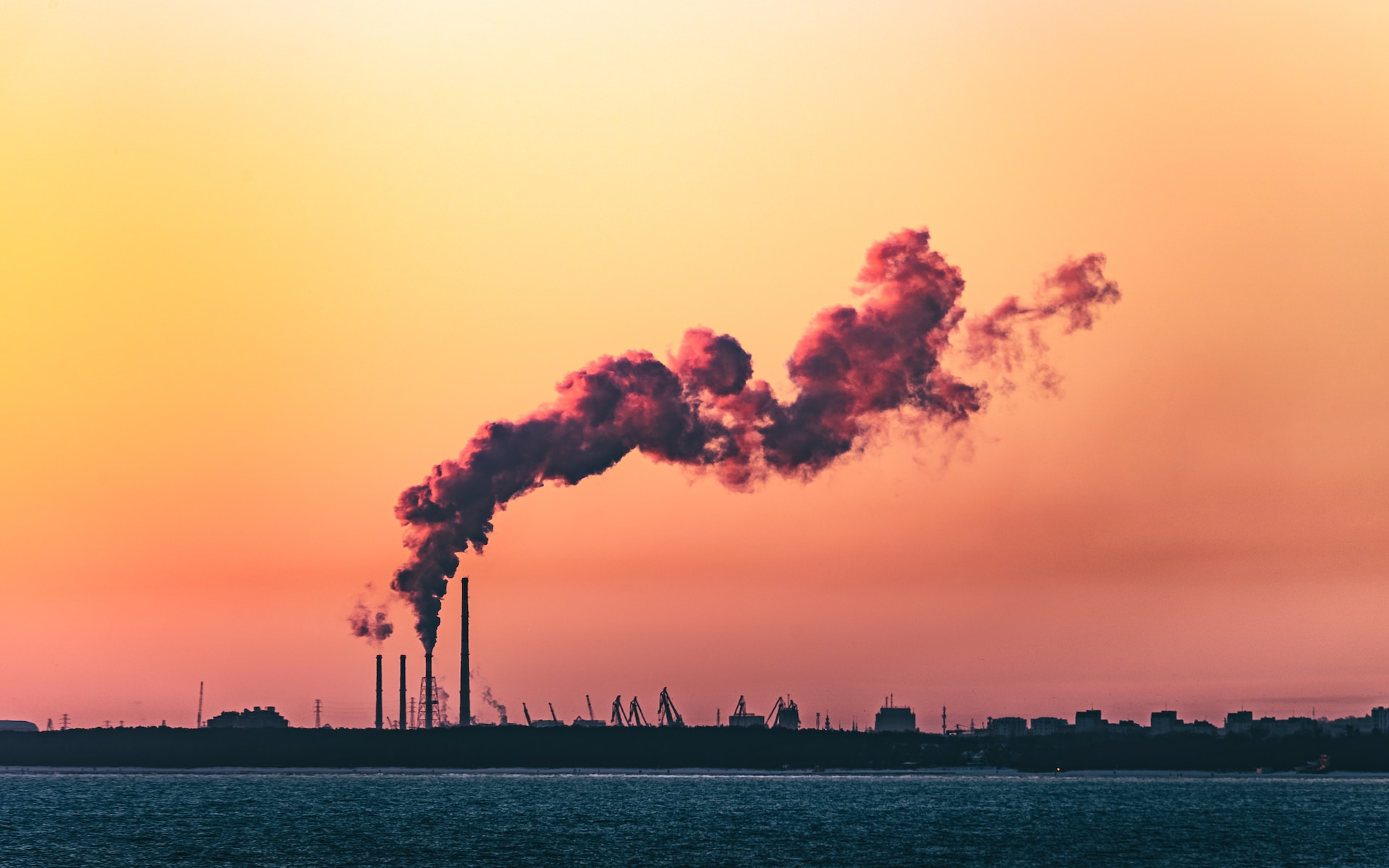
Climate change is one of the biggest challenges facing humanity. This blog, based on the 2nd chapter of carboncreditcapital.com’s widely respected Climate Change and Carbon Markets 2023 Report, breaks down the key facts into bite-sized chunks to help you get up to speed on the science and potential fixes, with a focus on carbon credits.
Carbon Credits Critical to Averting Climate Catastrophe
The scientific consensus paints a dire picture – unchecked human-caused climate change threatens catastrophic and potentially irreversible harm to societies, economies, and ecosystems worldwide. If global greenhouse gas emissions continue rising at the current trajectory, we risk triggering self-reinforcing feedback loops leading to runaway climate chaos. This includes deadly heatwaves and droughts rendering large swaths of the planet uninhabitable, collapse of agricultural systems and food supply chains, and flooding of coastal megacities on a scale beyond human adaptation. The window for preventing the worst climate breakdown scenarios is rapidly closing. According to the IPCC, we have less than a decade left to achieve peak global emissions if we hope to avoid breaching 1.5°C warming and maintain a livable climate.
Carbon Credits Can Help Fix the Broken Economics of Climate Change
Greenhouse gases like carbon dioxide are a global public good – the atmosphere belongs to everyone. This means companies can freely dump carbon pollution without paying for the damage. However, experts estimate unabated climate change could cost the global economy over 20% of GDP by 2100 through impacts like property loss, health issues, severe weather, and agricultural declines.
Establishing a functioning worldwide market for carbon credits is an essential step in correcting this market failure and making polluters pay the true cost of emissions. But before we get ahead of ourselves it’s worth discussing:
What are Carbon Credits and Why are they Important?
Carbon credits are tradable permits that put a price on carbon dioxide emissions released by companies. Carbon credits create financial incentives for companies to reduce their greenhouse gas emissions.
Companies that exceed their allotted carbon credits must purchase extra credits to offset their emissions. Meanwhile, companies that maintain emissions below their permitted level can sell their excess carbon credits for a profit. This makes carbon emissions have real economic value.
Carbon credits are a core element of emissions trading systems and carbon pricing initiatives worldwide. Pricing carbon provides a concrete incentive for companies to adopt more sustainable practices. Expanding carbon credits globally is critical to mitigating climate change.
Using Carbon Credits to Incentivize Emission Cuts
Carbon pricing through tradable carbon credits is an essential policy solution that must be urgently implemented worldwide. Carbon credits create market-based incentives for companies and nations to reduce their carbon footprints and transition more rapidly to renewable energy and low-emission technologies. Well-designed carbon credit programs allow flexible mechanisms for pricing pollution, driving emission cuts, and funding climate change mitigation and adaptation projects globally. This is our last chance to correct course. The time for bold, comprehensive climate action centered on carbon credits is now. Our children’s future hangs in the balance.
Using Carbon Credits for Climate Policy
There are two main policy approaches to pricing carbon emissions using carbon credits:
Carbon Cap and Trade
Under cap and trade systems, regulators limit the amount of overall greenhouse gas emissions by setting a cap. Companies receive tradable carbon credits adding up to the cap and must obtain enough credits to cover their emissions. If companies exceed their credits, they must purchase more on the carbon market from those below their allotted amount.
Carbon Taxes
A direct carbon tax sets a price per ton on carbon emissions, which companies pay based on their CO2 output. The tax incentivizes companies to reduce emissions to avoid taxes.
Jurisdictions may use a hybrid system with both an emissions cap and carbon tax to drive emissions reductions. Robust carbon pricing supported by carbon credits offers the most expedient path to mitigating climate change.
Carbon Credits are Essential to Climate Action
Climate change demands urgent action. Putting a fair price on carbon pollution is essential to driving the needed changes at the speed and scale required. Carbon credits offer a flexible, market-based mechanism to incentivize emissions reductions globally. The societal benefits of stabilized greenhouse gas levels far outweigh the costs of transformation. For the sake of our planet and future generations, carbon credits must become a centerpiece of climate policy worldwide. The window for success is closing – WE MUST ACT NOW.
To learn more about the state of Climate Change, Carbon Markets and how these affect each and every one of us, contact us for the full report.
References and Further Reading:
- Drawdown: The Most Comprehensive Plan Ever Proposed to Reverse Global Warming – Paul Hawken
- The Uninhabitable Earth: Life After Warming – David Wallace-Wells
- This Changes Everything: Capitalism vs. The Climate – Naomi Klein
- The Citizen’s Guide to Climate Success – Mark Jaccard
- Climate Change: What Everyone Needs to Know – Joseph Romm
Photo by Marek Piwnicki on Unsplash
- SEO Powered Content & PR Distribution. Get Amplified Today.
- PlatoData.Network Vertical Generative Ai. Empower Yourself. Access Here.
- PlatoAiStream. Web3 Intelligence. Knowledge Amplified. Access Here.
- PlatoESG. Automotive / EVs, Carbon, CleanTech, Energy, Environment, Solar, Waste Management. Access Here.
- PlatoHealth. Biotech and Clinical Trials Intelligence. Access Here.
- ChartPrime. Elevate your Trading Game with ChartPrime. Access Here.
- BlockOffsets. Modernizing Environmental Offset Ownership. Access Here.
- Source: https://carboncreditcapital.com/carbon-credits-a-price-for-pollution/
- :is
- $UP
- 1
- 2023
- 49
- 50
- 51
- a
- About
- According
- Achieve
- Act
- Action
- adaptation
- adding
- adopt
- affect
- After
- Agricultural
- ahead
- allow
- amount
- an
- and
- approaches
- ARE
- At
- Atmosphere
- avoid
- Balance
- based
- BE
- become
- before
- belongs
- below
- benefits
- Beyond
- Biggest
- Blog
- bold
- both
- Breakdown
- breaks
- Broken
- by
- CAN
- cap
- capital
- capitalism
- carbon
- carbon credits
- carbon dioxide
- carbon emissions
- catastrophic
- centered
- chains
- challenges
- Chance
- change
- Changes
- Chaos
- Chapter
- Climate
- climate action
- Climate change
- closing
- co2
- Collapse
- Companies
- comprehensive
- Consensus
- continue
- Core
- correct
- Cost
- Costs
- could
- course
- cover
- create
- credit
- Credits
- critical
- Current
- cuts
- damage
- David
- decade
- Declines
- demands
- dire
- direct
- discussing
- down
- drive
- driving
- dump
- each
- earth
- Economic
- economic value
- Economics
- economies
- economy
- Ecosystems
- element
- emission
- Emissions
- energy
- enough
- essential
- estimate
- EVER
- Every
- everyone
- everything
- exceed
- excess
- expanding
- experts
- extra
- facing
- facts
- Failure
- fair
- far
- feedback
- financial
- Fix
- flexible
- Focus
- food
- food supply
- For
- from
- full
- functioning
- funding
- further
- future
- GAS
- GDP
- generations
- get
- Global
- Global economy
- global warming
- Globally
- good
- greenhouse gas
- Greenhouse gas emissions
- guide
- harm
- Have
- Health
- help
- hope
- How
- However
- HTTPS
- human
- Humanity
- Hybrid
- if
- Impacts
- implemented
- important
- in
- Incentive
- Incentives
- incentivize
- incentivizes
- includes
- initiatives
- into
- issues
- jpg
- Key
- Know
- large
- Last
- leading
- LEARN
- left
- less
- Level
- levels
- Life
- like
- LIMIT
- LINK
- loss
- Main
- maintain
- MAKES
- Making
- mark
- Market
- Markets
- May..
- means
- Meanwhile
- mechanism
- mechanisms
- mitigating
- mitigation
- more
- most
- must
- Nations
- needed
- needs
- now
- obtain
- of
- offer
- Offers
- offset
- on
- ONE
- our
- ourselves
- output
- over
- overall
- path
- Paul
- Pay
- paying
- Peak
- per
- picture
- plan
- planet
- plato
- Plato Data Intelligence
- PlatoData
- policy
- Pollution
- potential
- potentially
- practices
- preventing
- price
- pricing
- Profit
- Programs
- projects
- property
- proposed
- provides
- public
- purchase
- put
- Putting
- rapidly
- Reading
- real
- receive
- reduce
- reductions
- Regulators
- released
- rendering
- Renewable
- renewable energy
- required
- respected
- reverse
- rising
- Risk
- robust
- sake
- Scale
- scenarios
- Science
- scientific
- sell
- Sets
- setting
- severe
- societal
- solution
- speed
- State
- Step
- success
- supply
- Supply chains
- Supported
- sustainable
- system
- Systems
- tax
- Taxes
- Technologies
- than
- that
- The
- The State
- their
- These
- they
- this
- those
- threatens
- Through
- time
- to
- Ton
- trade
- Trading
- trajectory
- Transformation
- transition
- triggering
- true
- True Cost
- two
- urgent
- us
- use
- using
- value
- vs
- we
- Weather
- What
- which
- why
- widely
- window
- with
- without
- worldwide
- Worst
- worth
- you
- zephyrnet












